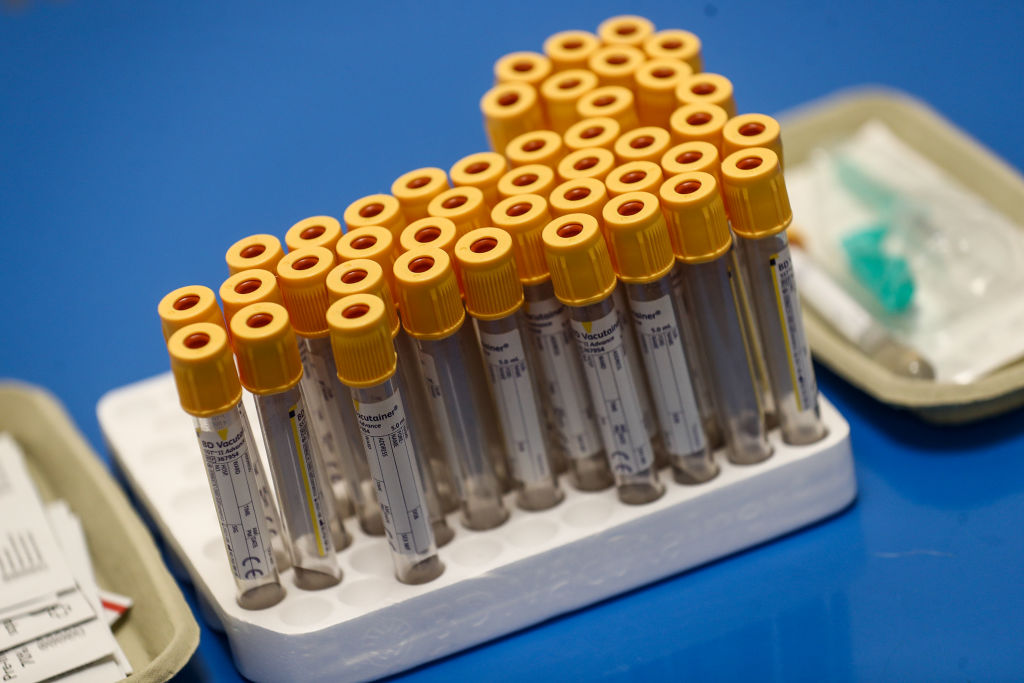Just how strong an immunity do COVID patients develop after they have acquired the infection and how long does it last? The question is vital to the likely future passage of the pandemic, and to how well vaccines will protect us in the long term. Several studies have suggested there is a sharp decline in antibodies to SARS-CoV-2 over time — a paper from Imperial College’s React study in October, for example, revealed that the proportion of the population showing antibodies to the virus declined from 6 percent in June to 4.4 percent in September. The researchers were at pains to emphasize that the presence of antibodies does not indicate immunity to COVID-19, but many people have taken it as an indication that immunity to the disease quickly declines after infection. Since then, a study of 12,500 healthcare workers in Oxford has suggested that naturally-gained immunity from having COVID-19 is, after six months, on a level similar to that of the Pfizer vaccine.
Now comes a study giving us a greater insight into the behavior of the immune system in the months following exposure to the SARS-CoV-2 virus. A team from Rockefeller University in New York studied 87 individuals who had had the virus and measured levels of antibodies in their blood at 1.3 months and 6.2 months following infection. They found that while levels of two types of antibodies — IgM and IgG — decreased over that period, levels of another type, IgA, were less affected. The number of Memory B cells showed no decline, and the cells were seen to be capable of cloning each other.
The authors conclude that ‘the memory B cell response to SARS-CoV-2 evolves between 1.3 and 6.2 months after infection in a manner that is consistent with antigen persistence’. In other words, while levels of certain antibodies might seem to decline, the immune system should still be capable of fending off COVID-19 for six months at least.
This article was originally published on The Spectator’s UK website.


















